Nine Forgotten Queens who Shaped the World
The annals of history are teeming with tales of kings and emperors, warlords and conquerors. Yet, the stories of queens, those who ruled in their own right or influenced the course of events from behind the scenes, often remain untold. These women, many of whom have been forgotten by mainstream history, wielded power and left indelible marks on their societies and the world. This article aims to shed light on ten such queens, their reigns, their accomplishments, and their impact on global history.
Queen Amanirenas of Kush
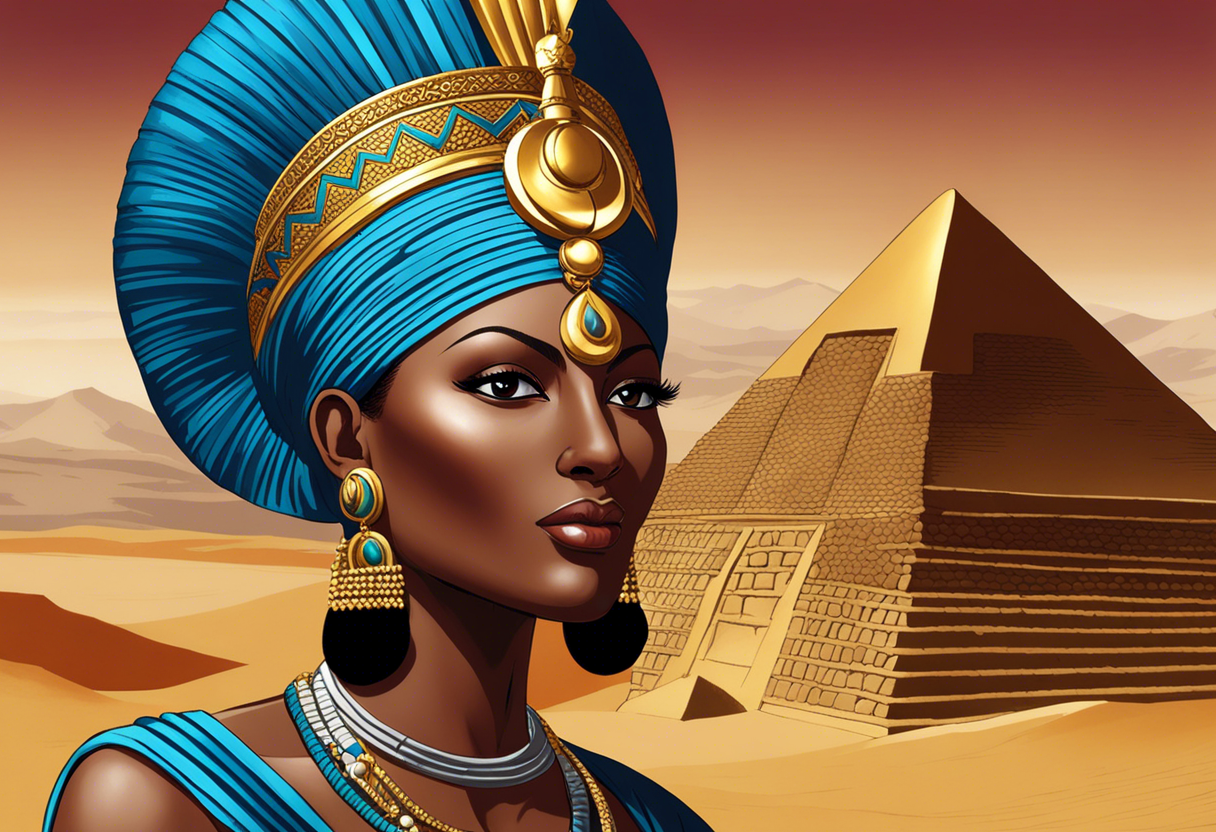
Amanirenas, the one-eyed queen of Kush (modern-day Sudan), was a formidable leader known for her courage and strategic acumen. When Roman Emperor Augustus levied a tax on the Kushites, Amanirenas led a successful military campaign against the Roman province of Egypt. Her victory forced the Romans to negotiate a peace treaty that exempted the Kushites from paying taxes to Rome, a significant achievement that affirmed Kush's sovereignty and power.
Queen Seondeok of Silla

Seondeok, the first reigning queen of Silla (one of the Three Kingdoms of Korea), is remembered for her wise and visionary leadership. She fostered advancements in science, arts, and culture, and her reign marked a period of prosperity and growth. The Cheomseongdae observatory, one of the oldest surviving astronomical observatories in the world, was built under her patronage. Her diplomatic skills also helped Silla form alliances that eventually led to the unification of the Korean Peninsula.
Queen Tomyris of Massagetae
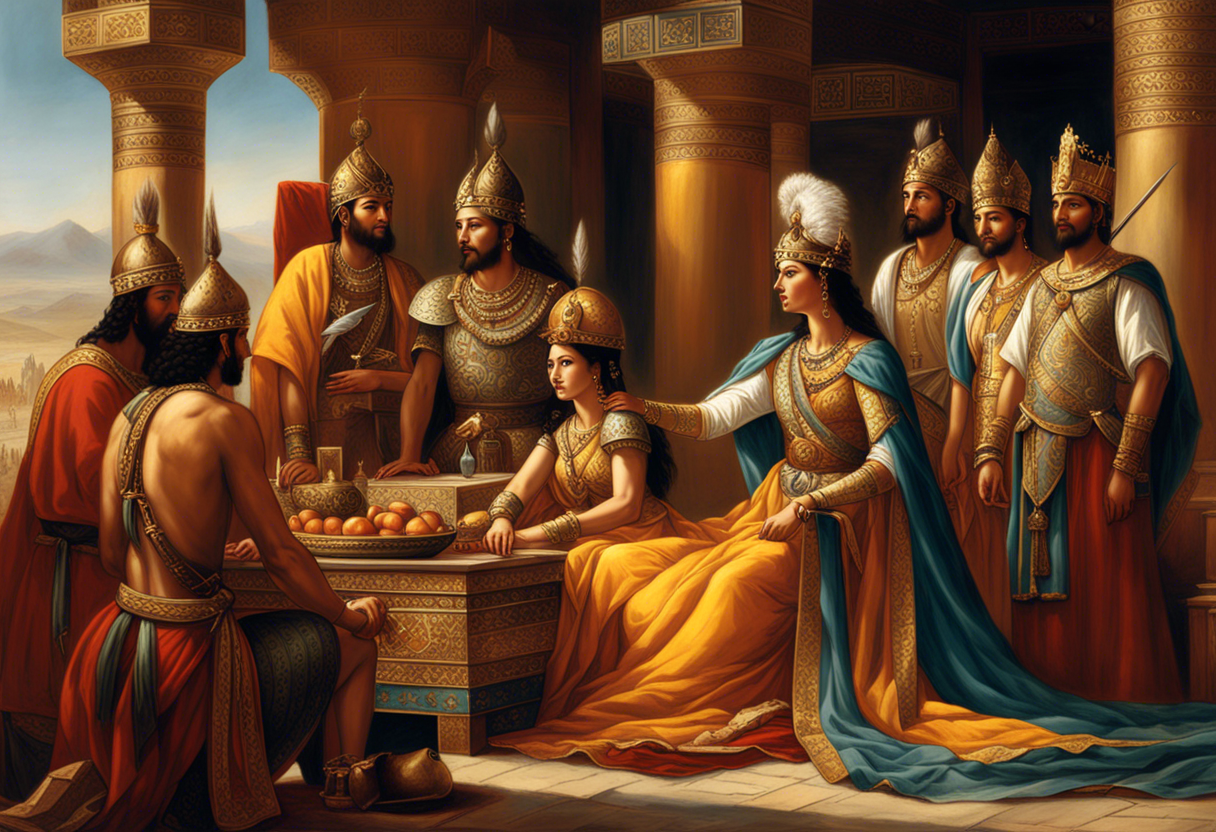
Tomyris, the queen of the Massagetae, a nomadic tribe in Central Asia, is best known for her military victory against Cyrus the Great of Persia. After the capture and subsequent death of her son, Tomyris challenged Cyrus to battle and defeated his mighty army, reportedly causing his death. Her victory over one of the greatest conquerors of the ancient world demonstrates her prowess as a military leader.
Empress Wu Zetian of China
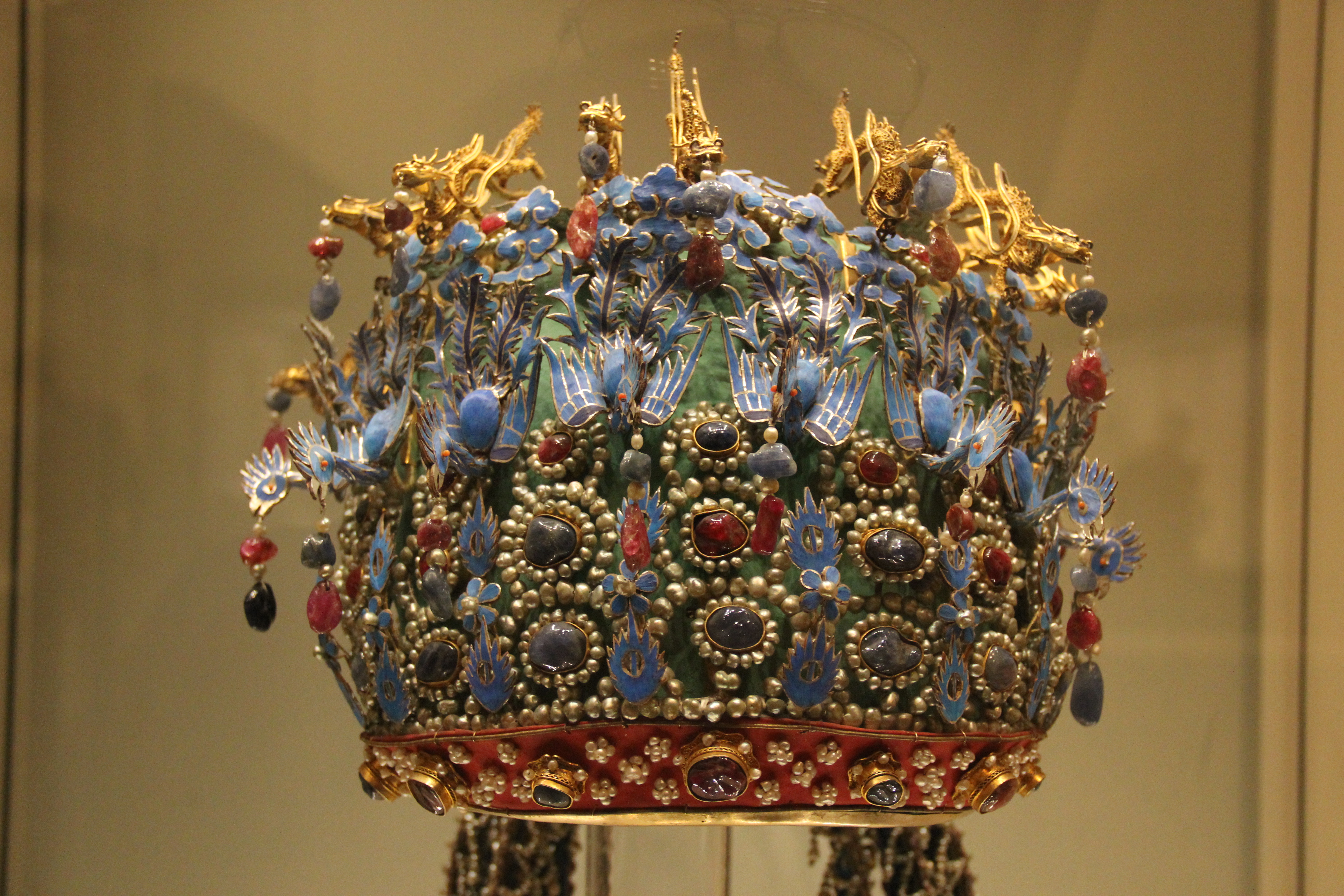
Wu Zetian, the only woman to rule China in her own right, was a controversial figure known for her ruthless tactics to ascend the throne. However, her reign was also a period of relative peace, administrative reforms, and cultural and intellectual flourishing. She expanded the civil service examination system, allowing more commoners to enter government service. Her rule, albeit contentious, proved that a woman could effectively govern the vast and complex Chinese Empire.
Queen Nzinga of Ndongo and Matamba

Nzinga, the queen of Ndongo and Matamba (modern-day Angola), was a skilled diplomat and military strategist who resisted Portuguese colonization. She negotiated treaties, formed alliances with other African kingdoms, and built a formidable army, effectively maintaining her kingdoms' independence during her lifetime. Her resistance laid the groundwork for Angola's continued struggle against colonial powers.
Queen Liliuokalani of Hawaii
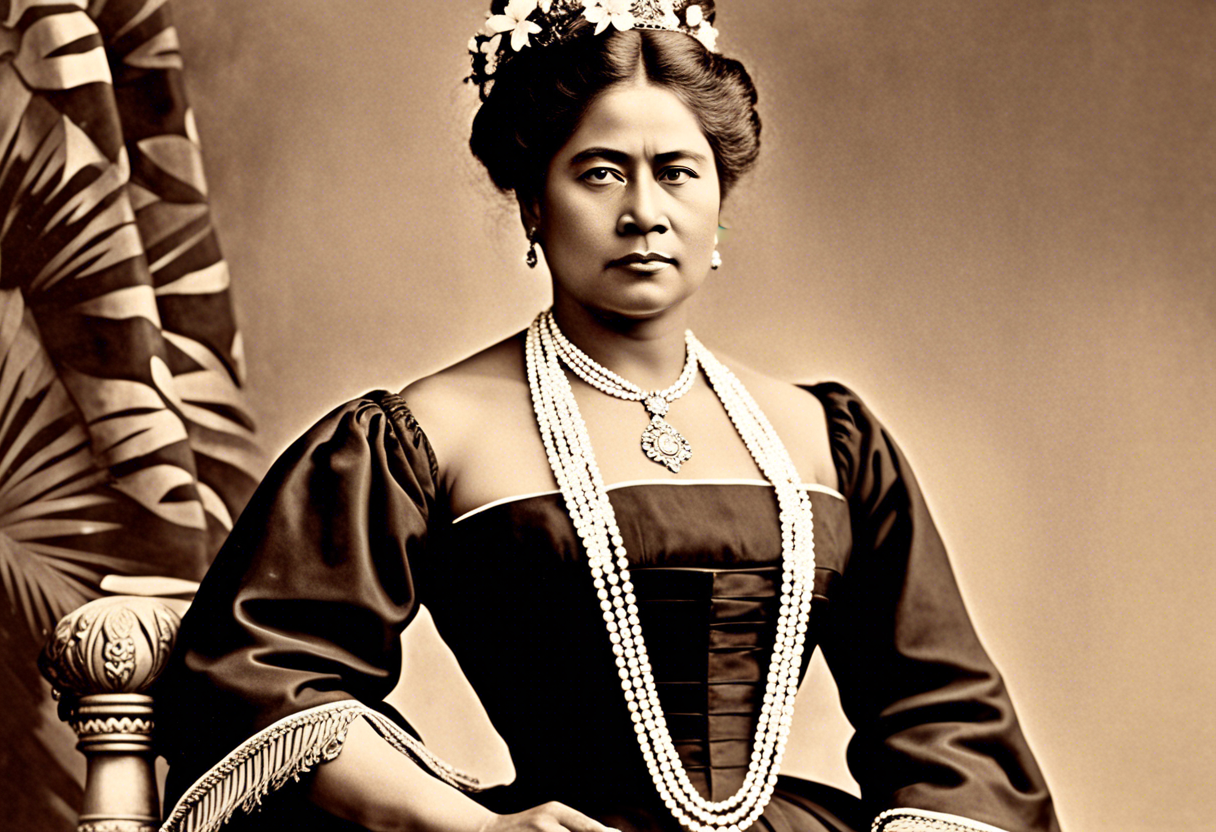
Liliuokalani, the last reigning queen of Hawaii, fought against the annexation of Hawaii by the United States. Although she was ultimately unsuccessful, her resistance made her a symbol of Hawaiian sovereignty and cultural identity. Her compositions, including the famous "Aloha 'Oe," continue to be a vital part of Hawaiian culture, embodying the spirit of a nation that withstood colonial pressures.
Queen Ranavalona I of Madagascar
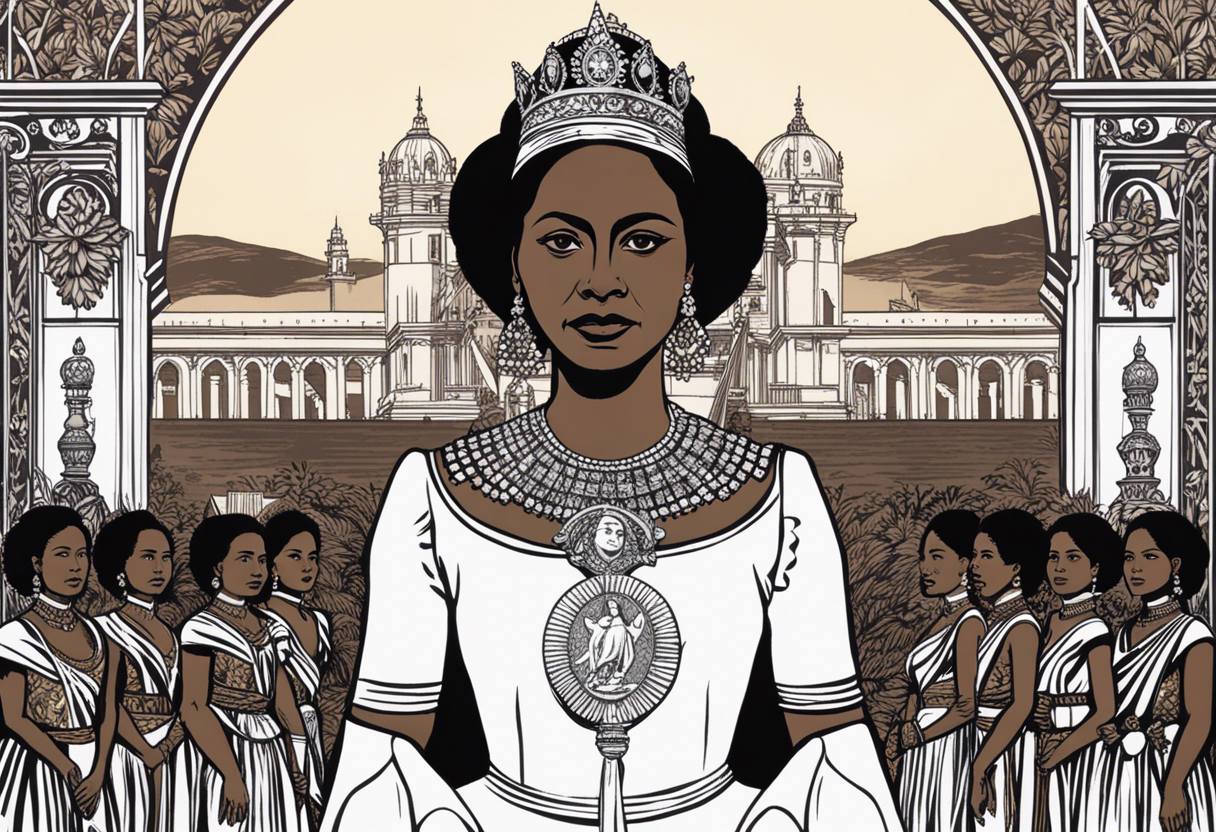
Ranavalona I, queen of Madagascar, is remembered for her fierce resistance against French and British colonial influence. Her policies aimed at preserving Malagasy culture and independence, even though they often involved brutal methods. Despite her controversial reign, her efforts delayed the colonization of Madagascar by several decades.
Queen Sorghaghtani Beki of the Mongol Empire
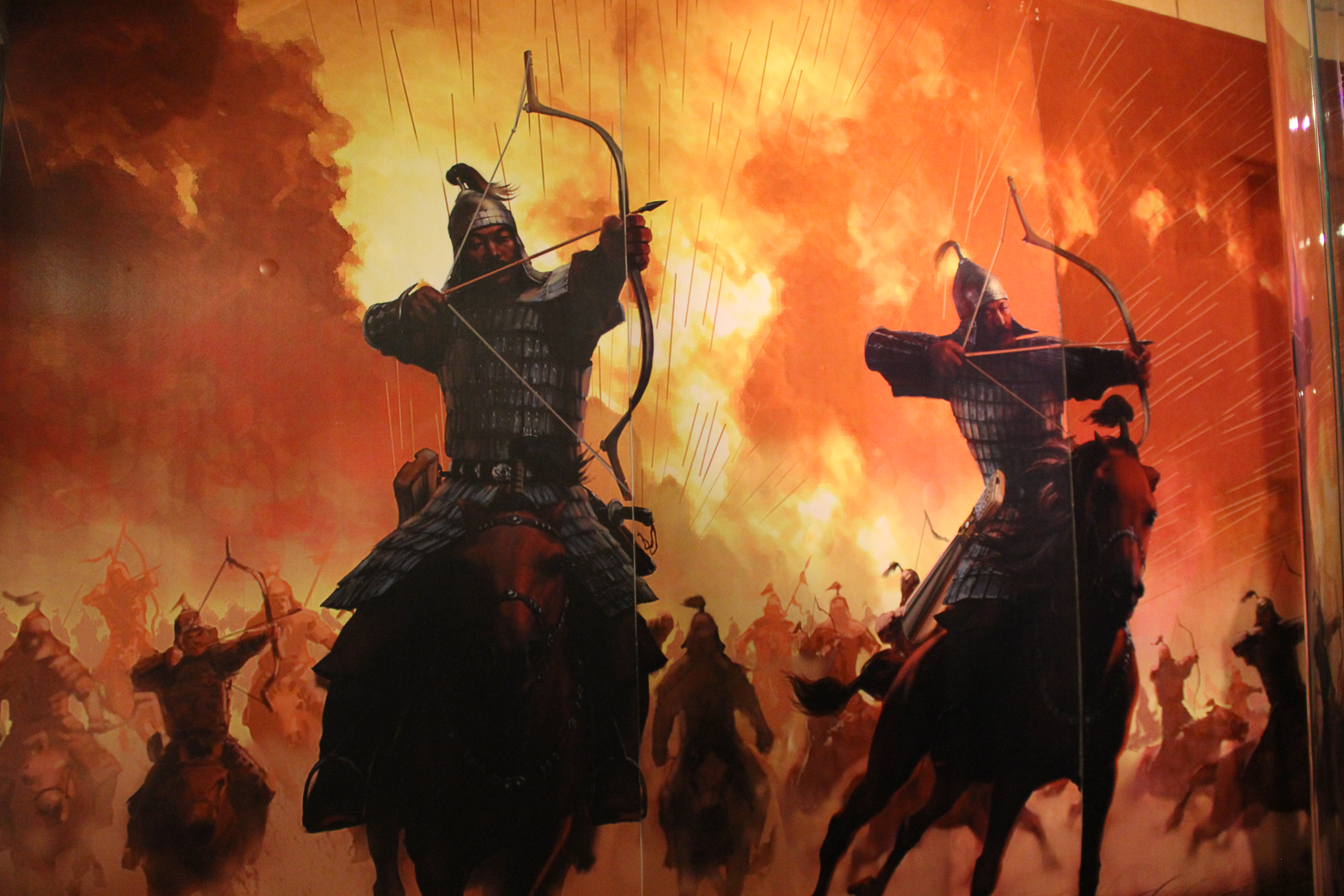
Sorghaghtani Beki, a Kereyid princess and widow of Tolui (Genghis Khan's son), was one of the most influential figures in the Mongol Empire. Although she never ruled directly, her strategic marriages for her sons resulted in them becoming Great Khans. Her political acumen and influence played a crucial role in the expansion of the Mongol Empire.
Queen Olga of Kiev

Queen Olga of Kiev was a ruthless ruler and a shrewd diplomat. After the murder of her husband, she exacted revenge on the responsible tribe, the Drevlians, and consolidated her power. She later played a significant role in the Christianization of Russia, for which she was venerated as a saint. Her reign marked the beginning of the rise of the Kievan Rus, a federation of Slavic tribes that laid the foundation for modern-day Russia, Belarus, and Ukraine.
These nine queens, often overlooked in the pages of mainstream history, were instrumental in shaping the destinies of their nations and, by extension, the course of global history. Their reigns, marked by courage, wisdom, and resilience, challenge the traditional narratives of power and leadership. Their stories serve as a testament to the significant roles women have played in shaping our world, reminding us that history is not merely the domain of kings and conquerors but also of queens who ruled and left an indelible mark.







